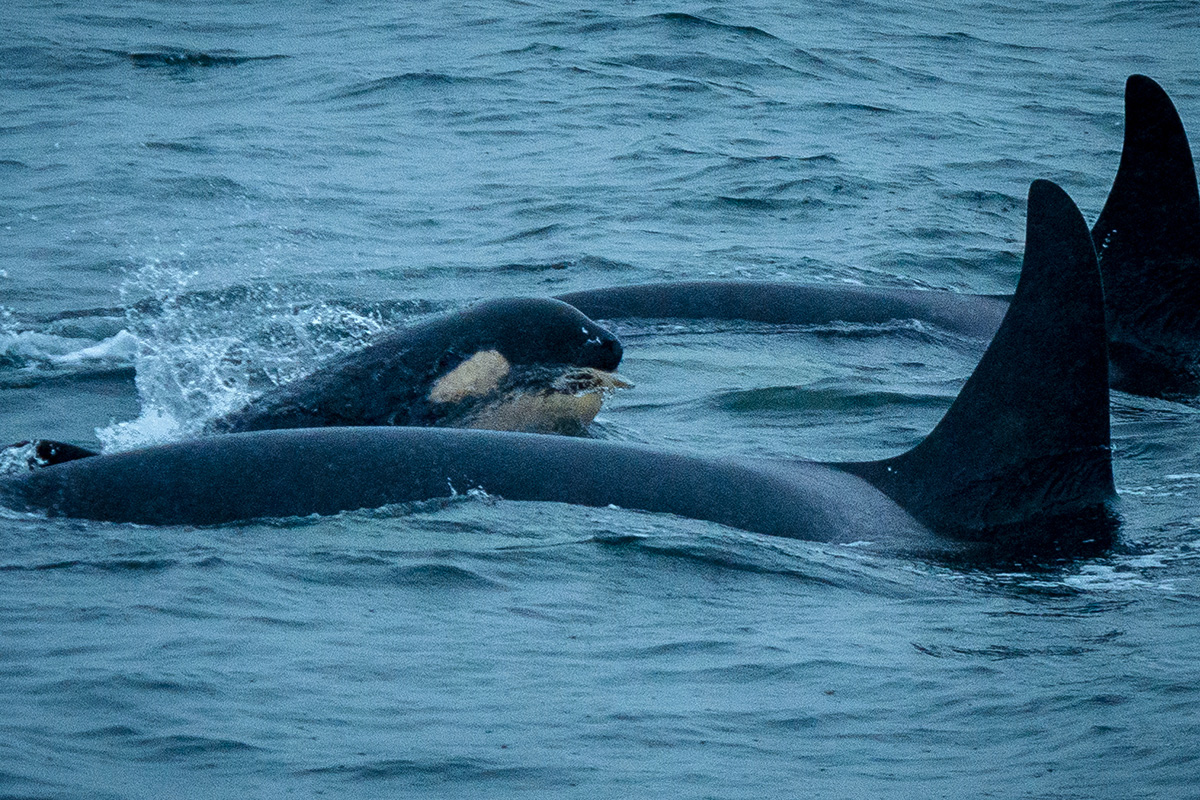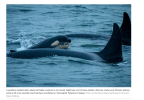If this is a repost Mods please delete
By approving unsustainable salmon harvest levels, the U.S. government failed to protect endangered southern resident killer whales, the federal court in Seattle has found.
The National Oceanic Atmospheric Association violated the Endangered Species Act by authorizing commercial salmon harvest in southeast Alaska at levels that they knew would push southern resident killer whales, who almost exclusively eat Chinook, closer to extinction.
The court also found that NOAA violated the National Environmental Policy Act when, instead of limiting harvests, it turned to hatcheries as a way of bolstering fish populations, a mitigation method that the court concluded was undeveloped, unresearched and uncertain.
The Aug. 8 decision could have far-reaching implications that affect fisheries in both B.C. and the U.S.
NOAA could now be forced to severely limit fisheries operations in Alaska. As 97 per cent of the Chinook harvested in southeast Alaska originates from rivers throughout the Pacific coast, this will lead to larger returns for communities across B.C.
Rethinking the salmon harvest might also open the door for a renegotiation of the Canadian-U.S. treaty that sets salmon harvest rates.
It could also call into question current fishing practices and how we mitigate these. Specifically, in deeming hatcheries unacceptable, a court is forcing both the U.S. government — and, perhaps, the Canadian one, too — to rethink how they approach extraction and conservation.
Link to rest of article
![[Tyee] [Tyee]](/proxy.php?image=https%3A%2F%2Fthetyee.ca%2Fdesign-article.thetyee.ca%2Fui%2Fimg%2Fyellowblob.png&hash=049d3144e8775445d8607f8f33ae236c)

 thetyee.ca
thetyee.ca
By approving unsustainable salmon harvest levels, the U.S. government failed to protect endangered southern resident killer whales, the federal court in Seattle has found.


The National Oceanic Atmospheric Association violated the Endangered Species Act by authorizing commercial salmon harvest in southeast Alaska at levels that they knew would push southern resident killer whales, who almost exclusively eat Chinook, closer to extinction.The court also found that NOAA violated the National Environmental Policy Act when, instead of limiting harvests, it turned to hatcheries as a way of bolstering fish populations, a mitigation method that the court concluded was undeveloped, unresearched and uncertain.
The Aug. 8 decision could have far-reaching implications that affect fisheries in both B.C. and the U.S.
NOAA could now be forced to severely limit fisheries operations in Alaska. As 97 per cent of the Chinook harvested in southeast Alaska originates from rivers throughout the Pacific coast, this will lead to larger returns for communities across B.C.
Rethinking the salmon harvest might also open the door for a renegotiation of the Canadian-U.S. treaty that sets salmon harvest rates.
It could also call into question current fishing practices and how we mitigate these. Specifically, in deeming hatcheries unacceptable, a court is forcing both the U.S. government — and, perhaps, the Canadian one, too — to rethink how they approach extraction and conservation.
Link to rest of article
![[Tyee] [Tyee]](/proxy.php?image=https%3A%2F%2Fthetyee.ca%2Fdesign-article.thetyee.ca%2Fui%2Fimg%2Fyellowblob.png&hash=049d3144e8775445d8607f8f33ae236c)

The US Endangered Orcas with Overfishing, Court Finds | The Tyee
Hatchery fish are no substitute for conservation, according to the ruling. What this means for BC.

